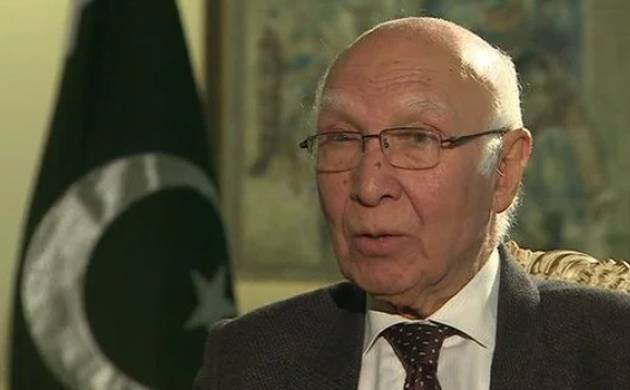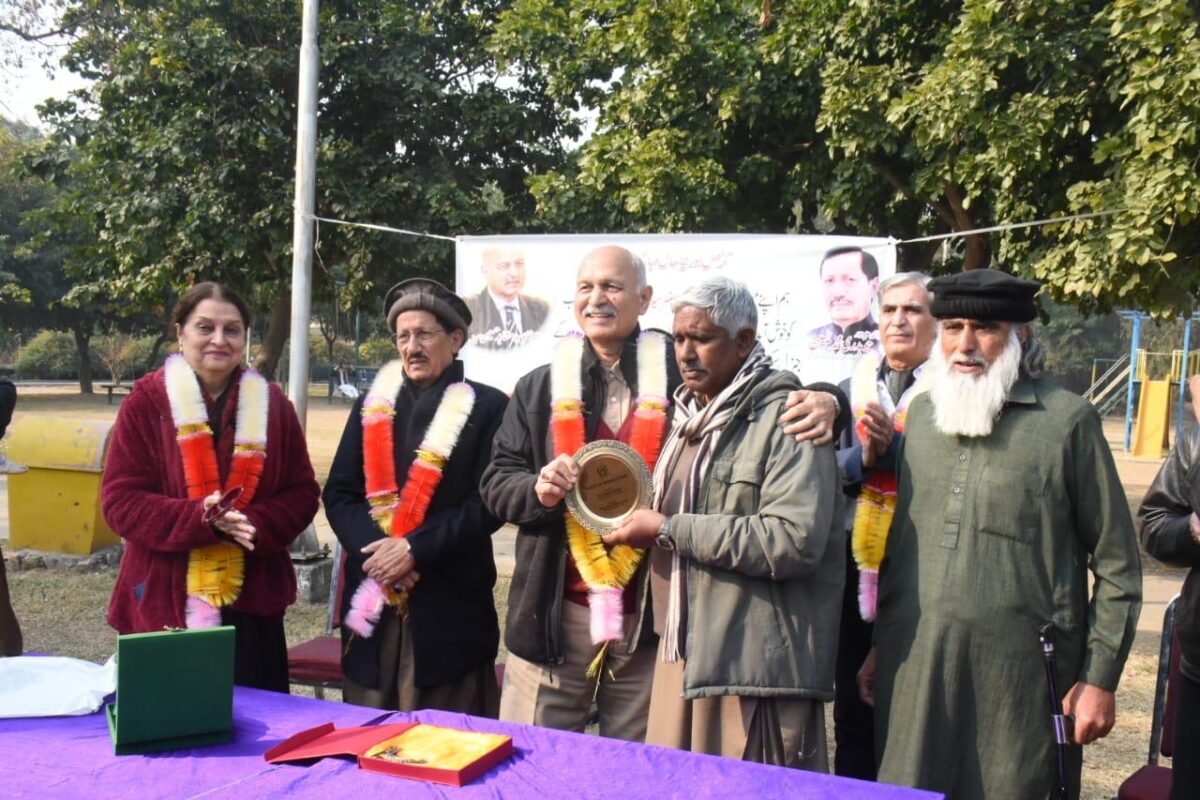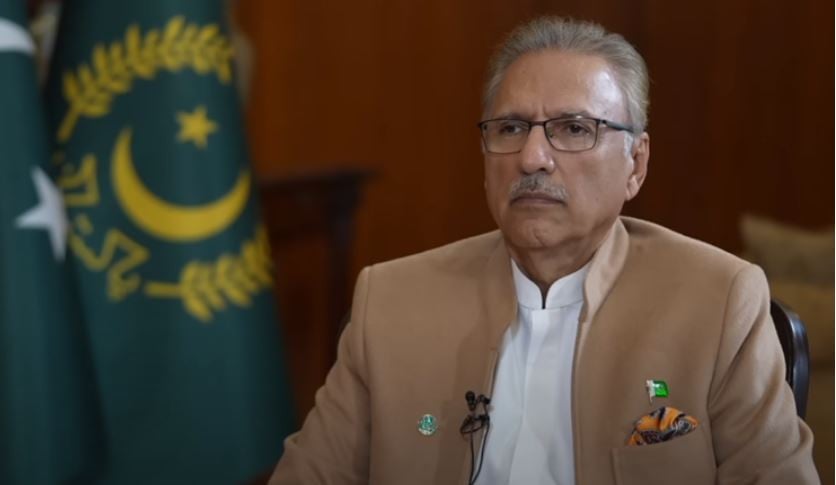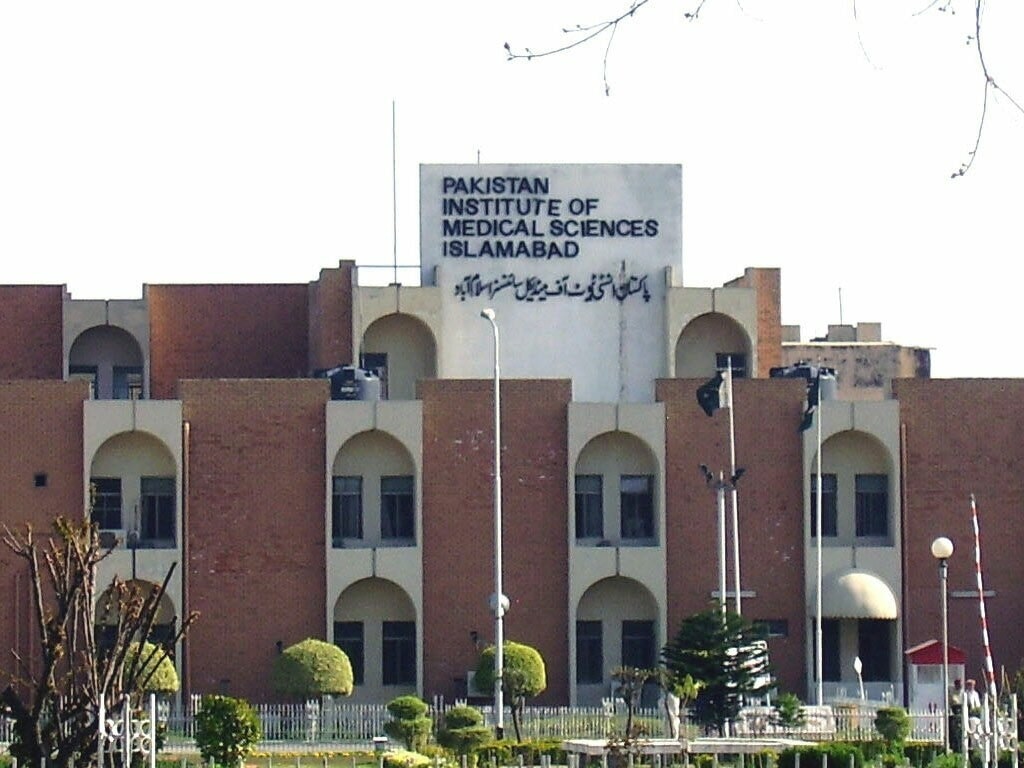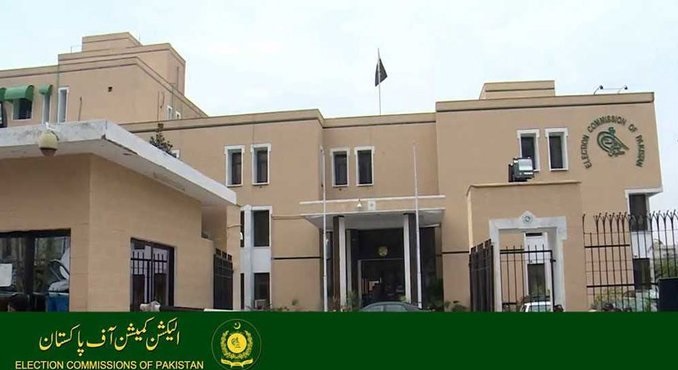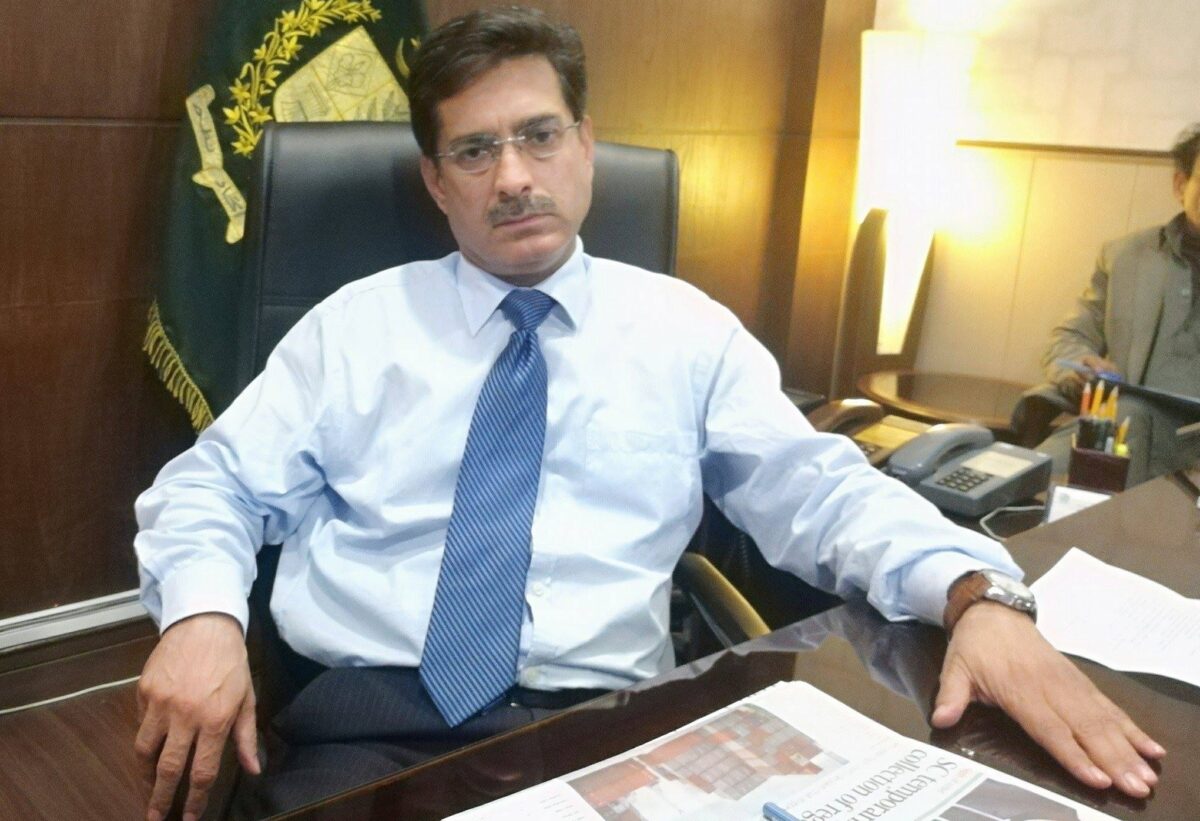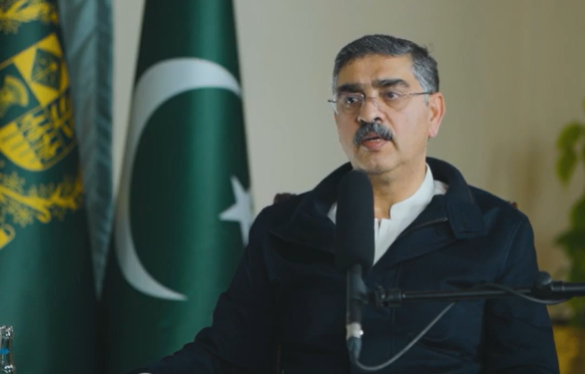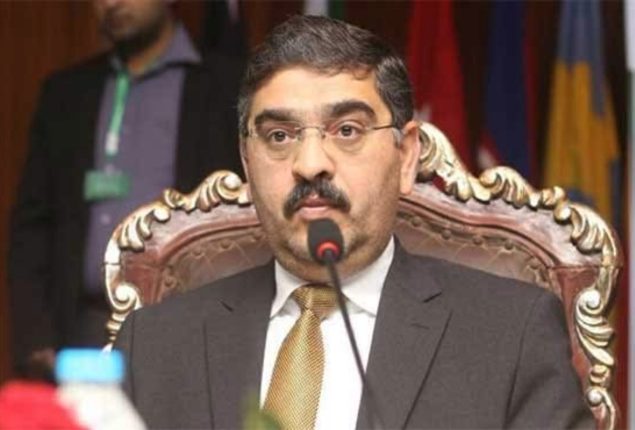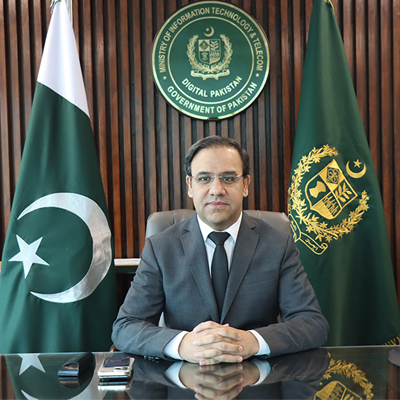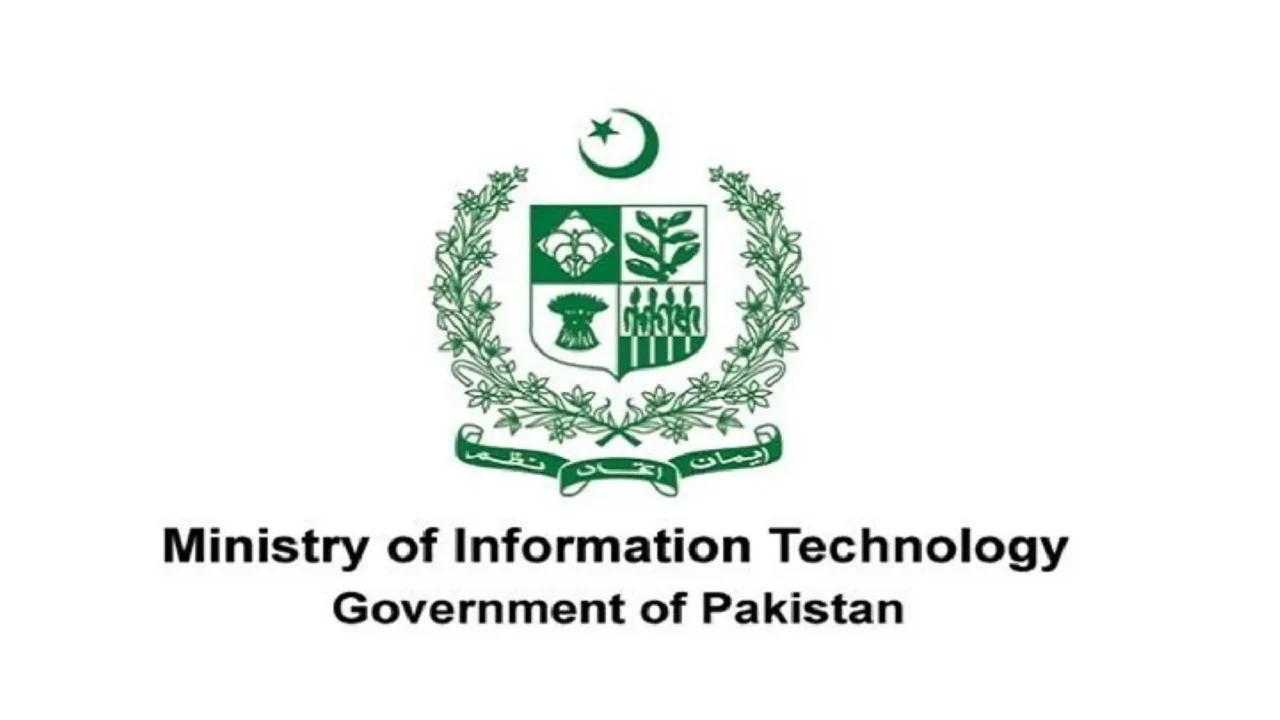ISLAMABAD, Jul 3 (APP):Pakistan and Tajikistan have reaffirmed their commitment to enhancing the longstanding fraternal ties and increase bilateral economic cooperation by exploring new avenues, opportunities and ventures.
The bilateral relations were discussed during the official visit of Prime Minister Shehbaz Sharif to the Republic of Tajikistan on July 2-3 at the invitation of Emomali Rahmon, the President of the Republic of Tajikistan, according to a joint statement issued following the visit.
In order to strengthen trade relations, both parties also committed to exploring the possibility of granting preferential market access to each other’s goods, including through discussions on a Preferential Trade Agreement (PTA).
Emphasizing the significance of enhancing road, rail, and air connectivity between the two nations, they agreed to conduct expert-level consultations on the matter.
Underlining the importance of reliable electricity supply for sustainable economic growth, the two sides reaffirmed their commitment for early completion of the flagship power project CASA-1000.
It was agreed that completion of the project would open new avenues for future energy corridors, leading to prosperity for the two sides and the whole region.
Recognizing the significance of the Pakistan-Tajikistan Joint Commission on Trade, Economic, and Scientific-Technical Cooperation, both parties expressed their preparedness to convene the 7th Session of the Joint Commission in Islamabad at the earliest opportunity.
The President of Tajikistan and the Prime Minister of Pakistan inked the Strategic Partnership Agreement between the Republic of Tajikistan and the Islamic Republic of Pakistan. This agreement symbolizes the deepening mutual trust and partnership between the two nations, opening new avenues for advancing bilateral cooperation.
“The Pakistan Prime Minister also expressed support for Tajikistan’s initiative to establish the SCO Anti-Drug Centre in Dushanbe,” said the joint statement.
The two sides reviewed the existing inter-parliamentary cooperation between the two countries.
The two leaders underscored the importance of Tajikistan-Pakistan Parliamentary Friendship Groups in the respective parliaments and supported increasing frequency of parliamentary delegations’ visits to boost productive inter-parliamentary cooperation.
Noting the current level of bilateral trade, it was underlined that there is a vast potential that needs to be tapped through mutual efforts. Accordingly, the two sides agreed to increase bilateral economic ties by exploring new avenues, opportunities and ventures.
The two leaders commended the excellent bilateral cooperation at the multilateral forums including the UN, SCO, OIC, ECO and CICA. It was agreed to further enhance multilateral cooperation for global and regional peace, stability and sustainable development.
The two sides highlighted the need to enhance business-to-business ties through the exchange of business delegations, organization of business forums/exhibitions and scheduling meetings of the Tajikistan-Pakistan Joint Business Council.
Prime Minister Shehbaz underlined the significance of collaboration with Tajikistan within Pakistan’s “Vision Central Asia” policy framework. This policy is structured around five key areas of bilateral cooperation: political relations, trade and investment, energy and connectivity, security and defence, and people-to-people exchanges.
The prime minister also reaffirmed Pakistan’s backing for Tajikistan’s accession to the Quadrilateral Traffic in Transit Agreement (QTTA).
The President of Tajikistan had a tete-a-tete meeting with Prime Minister Shehbaz, which was followed by delegation level talks.
During the meetings, the two sides exchanged views on further strengthening of the multifaceted cooperation between Tajikistan and Pakistan.
During the visit, the Chairman of the Tajik Parliament – Majlisi Namoyandagon Majlisi Oli of the Republic of Tajikistan – Zokirzoda Mahmadtoir Zoir and the Prime Minister of the Republic of Tajikistan Qohir Rasulzoda also called on Prime Minister Shehbaz.
In the delegation level talks, the two leaders discussed a range of bilateral issues as well as exchanged views on regional and international developments.
Shehbaz Sharif supported nomination of the Republic of Tajikistan as a non-permanent member of the UN Security Council for 2028-2029 and appreciated Tajikistan’s valuable support for Pakistan’s candidature to the same body for the term 2025-26.
The prime minister highly appreciated Tajikistan’s leadership role in Water Diplomacy and congratulated the President of Tajikistan for successful organization of international events including the UN 2023 Water Conference in New York by Tajikistan and Netherlands in March 2023, and the 3rd Dushanbe Water Action Decade Conference on June 10-13, 2024 in Dushanbe.
He also commended the initiative of the President of the Republic of Tajikistan to declare 2025 as the International Year of Glacier Conservation and the establishment of the International Foundation for The Protection of Glaciers, and welcomed the adoption of the relevant United Nations General Assembly resolution.
The progress achieved by existing Joint Working Groups (JWGs) in various fields, including trade, investment, transport, energy, culture and tourism, was noted by the two leaders; and regular interactions of these JWGs were encouraged by the two sides.
The prime minister informed the Tajik President about the operationalization of Gwadar seaport and offered Tajikistan the opportunity to avail the facilities of Pakistani seaports.
It was highlighted that the Pakistani seaports offer the most efficient, shortest and economic route for the Central Asian countries including Tajikistan to the markets in Middle East and beyond.
The two sides also noted the progress in operationalizing the Agreement on Transit Trade which was signed during the visit of the Tajik President to Pakistan in December 2022.
Prime Minister Shehbaz highlighted CPEC as a linchpin of Pakistan’s connectivity with the region and the major plank of its future development. He mentioned how the first phase of CPEC helped Pakistan lay a robust infrastructure network, whereas Phase-II is focused on infrastructure development, green development, ICT, industrialization and agriculture modernization.
Underlying the expertise and capacities of the Islamic Republic of Pakistan in investment and technology, the Tajik President welcomed Pakistani entrepreneurs and business community to contribute to bilateral economic ties of the two countries by investing in free economic zones of Tajikistan.
Cooperation in the fields of counter-terrorism and security was given particular attention by the leaders of Tajikistan and Pakistan and they welcomed the gradual development of bilateral cooperation in this field. The two leaders reaffirmed determination to further enhancement of cooperation in this field in order to overcome security challenges faced by the two countries and the region.
The two sides condemned terrorism in all its forms and manifestations. Both sides appreciated their respective contributions and sacrifices in the global fight against terrorism.
They emphasized the need to enhance ongoing cooperation, at bilateral level as well as within the international and regional organizations, in counter-terrorism, combating trans-national organized crimes, human and drug trafficking.
The Prime Minister appreciated the efforts of the Republic of Tajikistan to promote multilateral cooperation in countering terrorism and its financing in the Central Asian region and holding together with UN, High-Level international conferences in the framework of Dushanbe Process.
On Afghanistan, the two sides agreed that a peaceful, prosperous, interconnected and stable Afghanistan is fundamental to regional prosperity and progress. In this regard, they considered it important for Afghanistan to have an inclusive government.
The two sides expressed concerns on the new and emerging threats posed by rise in terrorist attacks on the basis of xenophobia, racism, radicalization, and other forms of intolerance, or in the name of religion or belief.
The two leaders exchanged views on the rise of Islamophobia world-wide and expressed support for the joint initiatives and collective efforts of the OIC to combat this scourge. They welcomed the designation of March 15 as the International Day to Combat Islamophobia by the UN General Assembly.
Prime Minister Shehbaz expressed gratitude to the President of Tajikistan for providing assistance to the flood victims in August 2022. The Tajik President expressed the hope for early re-construction of infrastructure and re-habilitation of the displaced people.
The two sides termed climate change as an existential threat and re-affirmed to make concrete and strenuous efforts to mitigate and adapt to the adverse impact of climate change.
The two leaders urged the developed countries to adhere to their commitments, take the lead role in reduction of emission of greenhouse gases and fulfillment of their commitment to generate adequate climate finance, in order to ensure the sustainable development of developing countries.
The President of Tajikistan appreciated the excellence and expertise of Pakistani institutions in training of professionals from Tajikistan government structures in a range of fields. Both sides agreed to further enhance educational cooperation by exchanging and awarding scholarships to the students of both countries.
The two sides, while recognizing the immense contribution of scholars, intellectuals and writers in the promotion of people-to-people linkages, agreed to name a street/road in the respective capitals after leading literary figures of both countries.
The Tajik President and Prime Minister Shehbaz recognized the signing of new cooperation documents between the two countries as the result of the talks, enforcement of legal basis, and a favourable opportunity for further development of cooperation.
Shehbaz Sharif also invited the President of Tajikistan to visit Pakistan at a convenient time.
مضمون کا ماخذ : لاہور لاٹری
